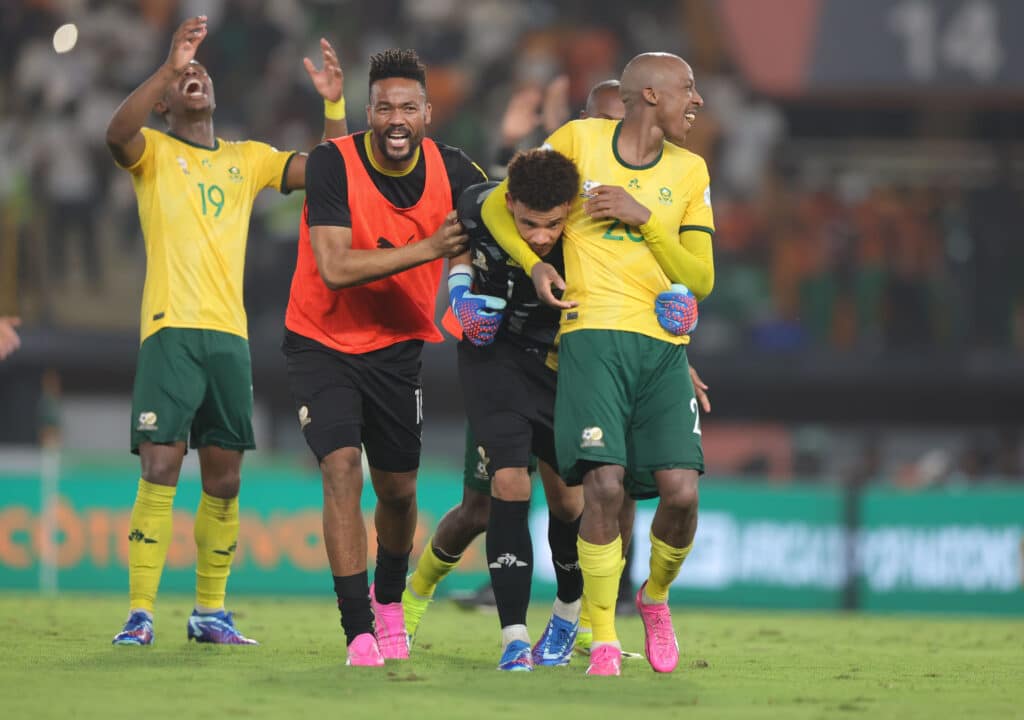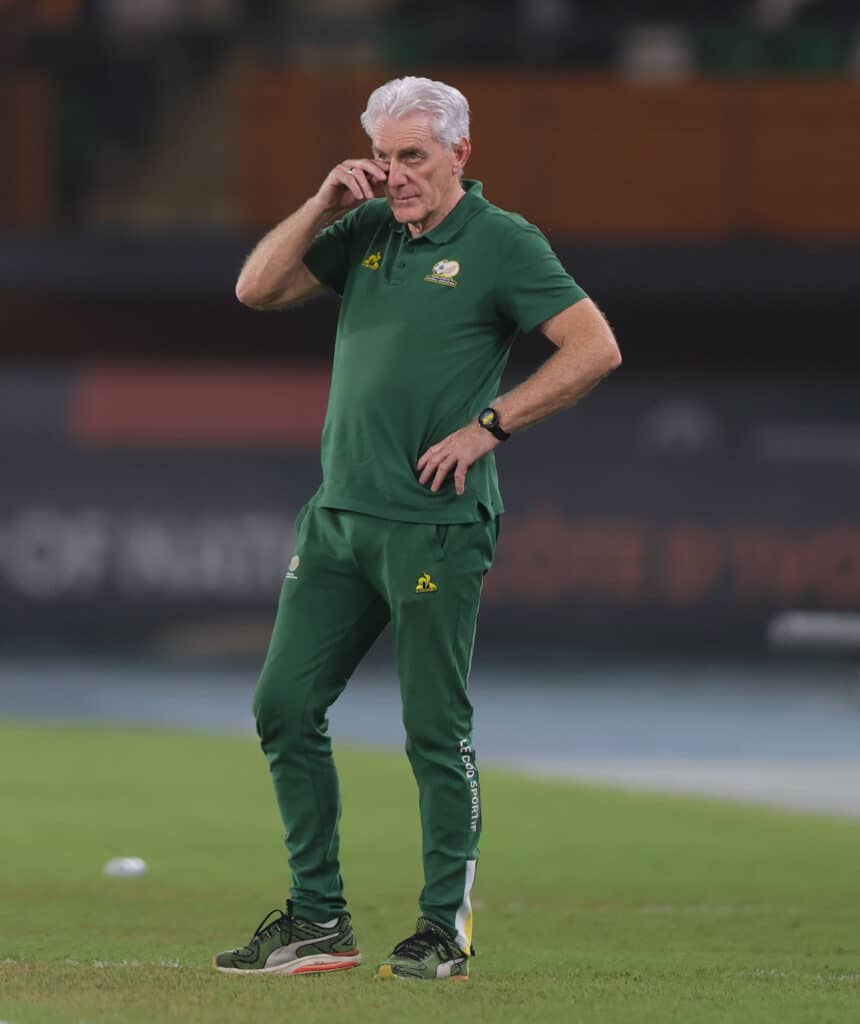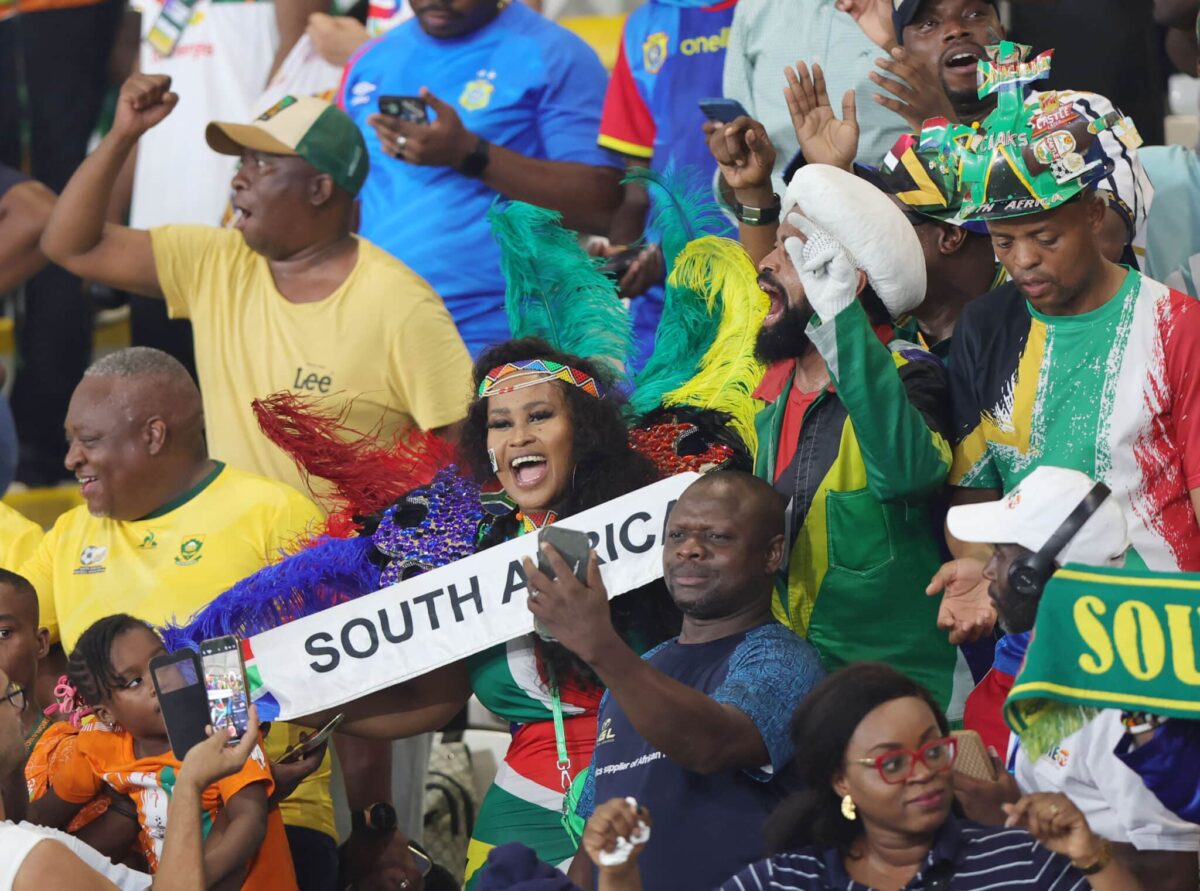Before South Africa took on DR Congo in the third-place match at the 2024 Africa Cup of Nations (AFCON 2024), Bafana Bafana boss Hugo Broos had made it quite clear just what he thought of the fixture and what was at stake.
“If you ask my advice, this game should not be played. The most important thing in a tournament like this is No.1,” Broos said at a pre-match press conference.
“If you are No. 3 or No. 4 tomorrow, for me it's exactly the same because this is only for specifics.
“No. 1 is important, No. 1 they will always remember.”
It wasn't just because Bafana Bafana had just emerged from a gruelling grudge match against rivals Nigeria that had left his team with a couple of walking wounded.
Broos’ opinion isn't really unpopular either.
Many coaches, footballers, and spectators would rather skip a match that seemingly exists only to make the organisers a few more extra bucks and offer one of the two losing semi-finalists a reason to feel slightly less sore about their inability to contend for the biggest prizes.
But as the game at the Felix Houphouet Boigny Stadium went along, both teams — especially DR Congo, with more than twice as many shots as Bafana Bafana — missing chances to win the game in regulation time, it was impossible for even neutrals not to get invested in proceedings as they unfolded.

Bafana Bafana claim bronze — and then some
Broos, of course, was not neutral.
The Belgian isn't a man to mince words, true, but he isn't one to hide his emotions, either.
The creases on his forehead were visible as the game wore on, particularly when the Congolese came close to scoring.
And his level of concern was certainly heightened during the shootout — South Africa's third in a row at this tournament — when his team fell behind early due to a Teboho Mokoena penalty miss (the Mamelodi Sundowns man fluffed his lines, too, in the semi-final).
But as successive Bafana Bafana kickers scored, Broos’ mood lightened and he cheered each successful conversion.
Then came goalkeeper Ronwen Williams, completing the manager's joy with two big saves to snatch victory from the jaws of defeat and secure Bafana Bafana a first AFCON medal since winning bronze at the 2000 edition.
You see, when Broos speaks so disparagingly of finishing third, it's simply because he has more refined tastes. His only other AFCON outing, seven years ago at the helm of an unfancied Cameroon team, climaxed with gold medals and the gold-plated trophy; bronze doesn't quite have the same lustre.
Yet, as Broos celebrated with his players and staff after the victory, he would have been thinking more about the value of what had been achieved over the last four weeks than the exact worth of the make of silverware they'd be taking home.
Signs of a great team & a bright Bafana Bafana future
This represents the biggest leap South African football has made since the turn of the century — even greater, in a sense, than hosting the FIFA World Cup in 2010.
For Broos, on a personal level, it is also vindication of the much-criticised methods the 71-year-old chose to employ.
Broos’ strategy of relying heavily on an experienced core drawn mainly from the rich pool of battle-hardened stars and serial winners at Mamelodi Sundowns has worked a treat, and surely looks like the way to go.
With some refinements, they'd be ready to make the next big move forward, in the direction of the Mundial just ahead.

Just one win in the first two qualifiers — and a paltry two across South Africa's last seven games overall — had seen pressure start to mount on Broos, whose five-year deal doesn't end till the year of the World Cup.
Now, he'd back himself to see out the full length of that deal, having delivered tangible signs of progress to those who desperately sought them.
The highs and lows his team has gone through together have strengthened the bonds between them, fostering and forging a mentality they didn't have enough of in their Ivory Coast-bound luggage.
From here, World Cup qualification seems possible, although perennial rivals Nigeria stand in their way again.

